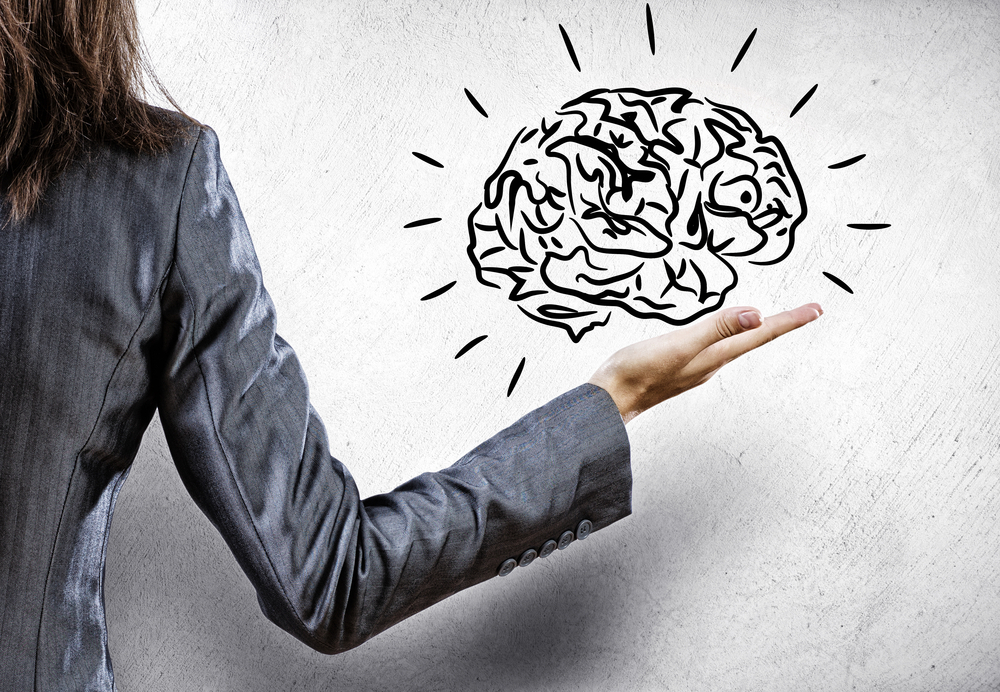Neurological Conditions

What is Dementia?
Dementia is a general term used to describe the progressive decline of memory or other mental faculties that prevent a person from performing normal everyday activities. People with dementia can have short term memory problems, such as remembering appointments, keeping track of a wallet or a purse, paying their bills or traveling out of their neighbourhood – or problems with communicating, interacting socially, planning and judgment and performing daily activities.
Dementia mostly affects elderly people, though younger people can also have it (rarely).
What are some of the key facts about dementia?
Some of the key facts about dementia, according to a World Health Organization (WHO) factsheet, are:
- Dementia is a medical condition that results in deterioration of memory, thinking, behaviour and the ability to perform everyday activities.
- Although dementia mainly affects older people, it is not a normal part of ageing.
- Worldwide, 47.5 million people have dementia and there are 7.7 million new cases every year.
- Alzheimer’s disease is the most common cause of dementia and may contribute to 60-70% of cases.
- Dementia is one of the major causes of disability and dependency among older people worldwide.
- Dementia has physical, psychological, social and economic impact on caregivers, families and society.
What are the most common types of dementia?
The four most common types of dementia are:
Alzheimer’s Disease
It is the most common type of dementia and accounts for 60-70% of all cases.
Common symptoms include:
- Memory Loss
- Confusion
- Difficulty in communicating
- Anxiety

Vascular Dementia
Also known as multi-infarct dementia or post-stroke dementia, it occurs after a stroke and is the second most common type of dementia.
Dementia with Lewy Bodies (DLB)
Also known as Lewy Body Disease, DLB is characterized by abnormal deposits of protein, (called Lewy bodies) appearing in the nerve cells of the brain’s stem. These deposits disturb the normal functioning of the brain, thereby impairing cognition and behaviour, and also causing tremors.
Mixed Dementia
It is caused by more than one medical condition, and hence the name. The most common type of mixed dementia is caused by Alzheimer’s and vascular disease.
How does a person get dementia?
Dementia is caused when brain cells get damaged, resulting in their inability to communicate normally among each other. When this happens, thinking, behaviour and feelings may be affected, thereby leading to dementia. Dementia can be caused by:
- Familial or genetic factors
- Medical conditions
- that progressively attack brain cells and connections
- that disrupt oxygen flow and deprive the brain of blood and oxygen
- like high blood pressure, heart disease, diabetes and hypertension
- like infection or illness that affects the central nervous system
- Poor nutrition, dehydration or substance abuse (i.e. drugs and alcohol)
- Trauma to the brain via injury or accident
Although most changes in the brain that lead to dementia are permanent and worsen with time, thinking and memory problems caused by the following conditions can improve if the condition is properly treated or addressed:
- Depression
- Vitamin deficiencies
- Thyroid problems
- Medication side effects
- Excess use of alcohol
How is dementia diagnosed?
There is no single test to determine if someone has dementia. Doctors diagnose dementia – whether it’s Alzheimer’s or some other type of dementia – based on:
- Medical history
- Clinical examination
- Diagnostic tests
- Changes in thinking, day-to-day function and behaviour associated with each type of dementia
How can dementia be prevented?
Risk factors for dementia such as age and genetics cannot be changed. However, among the most active areas of research in risk prevention and reduction include physical fitness, diet and cardiovascular health.
Physical Fitness
Regular physical exercise can help reduce the risk of some types of dementia. Medical evidence suggests that regular exercise may directly benefit brain cells via increased flow of blood and oxygen to the brain.
Diet
Your diet may have the greatest impact on the health of your heart and brain. Current medical evidence suggests that healthy, proactive eating habits, such as a balanced and nutritive diet, may also help protect the brain. A balanced and nutritive diet includes relatively less or no red meat and emphasizes more on fruits and vegetables, whole grains, nuts, fish, olive oil and other healthy fats.
Cardiovascular Health
Your brain receives its nourishment from your blood vessels via your cardiovascular system. And anything that damages or blocks your blood vessels anywhere in your body can impact the blood vessels in your brain – by depriving brain cells of food and oxygen – and lead to vascular dementia, Alzheimer’s disease and dementia with Lewy bodies. Such changes in your blood vessels may also interact to accelerate the decline and make the impairment more severe.
What are the most common symptoms of dementia?
Dementia can include several symptoms, such as memory loss, change of personality and impaired intellectual functions caused by disease or trauma to the brain. With the onset of dementia, there will most likely be a noticeable decline in communicating, remembering, learning and problem solving. These changes may take place very slowly or quickly, depending on the type of dementia and the area of the brain that is affected.
A person with dementia will most likely:
- Ask the same questions repeatedly
- Be disoriented or feel lost in familiar places
- Unable to follow simple directions
- Be disoriented with regard to date, time, place or event
- Fail to recognize familiar people
- Find it difficult to perform routine tasks like
- paying bills
- remembering appointments
- traveling out of their neighbourhood
- Neglect personal safety, hygiene and nutrition
- Hallucinate, be continually agitated or suffer from paranoia
